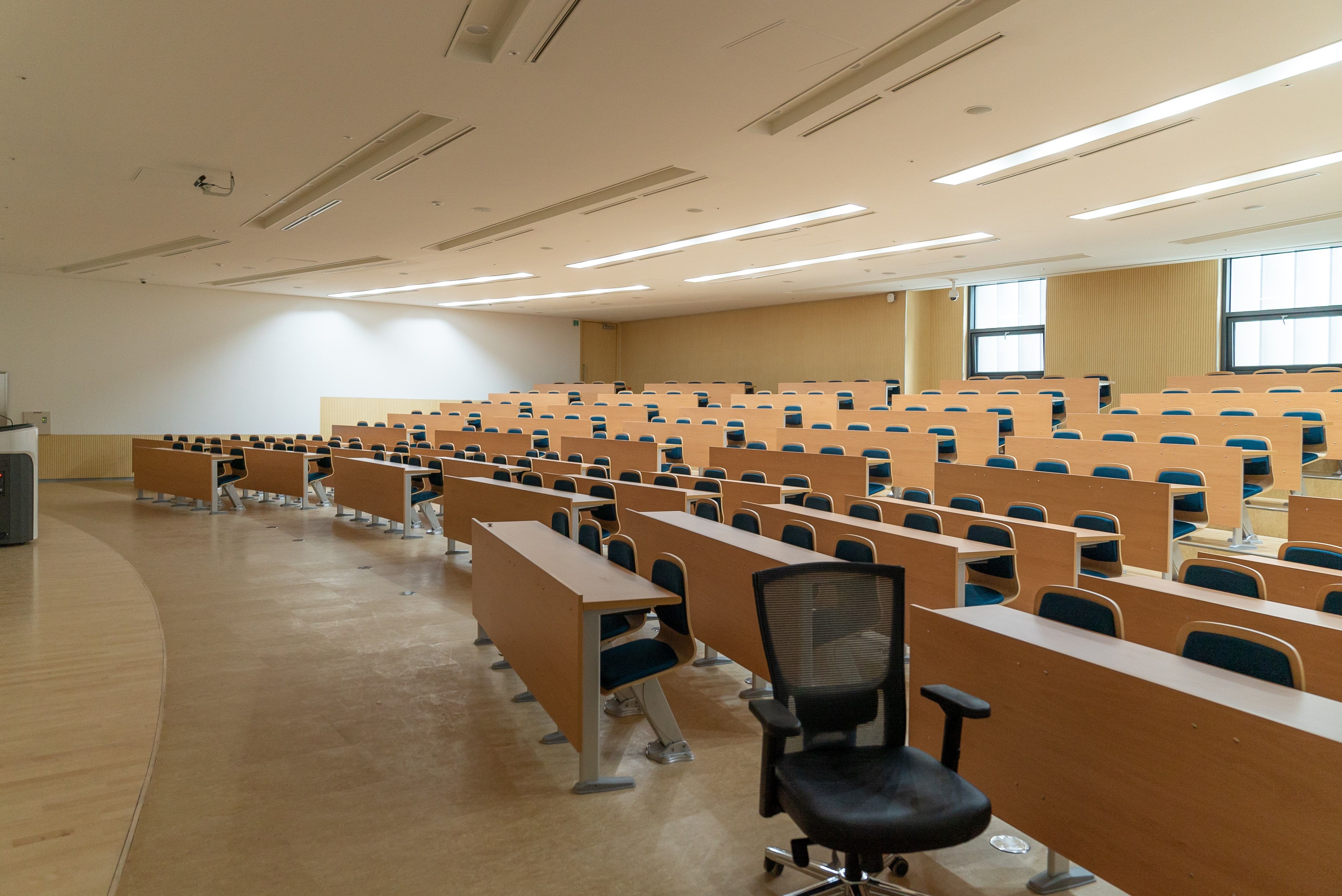Curriculum Vitae
Dr. Lydia Laninga-Wijnen
Current Work Positions
-
University of Turku
2021Senior Research Fellow at Department of Psychology (INVEST Flagship). Tasks: scientific research, teaching, supervision Phd-students and postdocs, grant writing, data-collection
-
Utrecht University
2019Senior researcher. Tasks: scientific research, teaching, data-management of SNARE project.
-
University of Groningen
2019Senior researcher. Tasks: scientific research, data-collection, evaluation anti-bullying program Meaningful Roles, supervision bachelor-, master- and PhD-students

Previous work experience
-
Utrecht University - PhD student
2014 - 2019My main research focus was the role of peer norms in adolescent friendship processes. Dissertation title: "They get the power! Consequences and antecedents of aggressive, prosocial, and academic popularity norms in adolescent classrooms". Find my dissertation here.
-
Spirit! Amsterdam - Researcher
2018 - 2020Spirit! is an institute for Youth Care. Tasks: Qualitative data collection and analyses, research on foster care institutes
-
Altrecht Institute - Clinical Psychologist
2013 - 2015I worked as researcher and clinical psychologist at Altrecht. I developed and provided Social Skills Training and Floorplay for youth with Autism Spectrum Disorder, and monitored the effectiveness of these trainings.
-
Shelterzorg - Professional foster parent
2018-2021Providing foster care for children who cannot live at home due to adverse circumstances.
-
Utrecht University - Research and Teacher Assistant
2011 - 2014Tasks: data-collection and cleaning, teaching Methods & Statistics, supervising bachelor-thesis students
Scientific Education
-
MASTER OF SCIENCE - Utrecht University, the Netherlands, Faculty of Social Sciences Program: Orthopedagogics (academic master’s program).2013- 2014
-
MASTER OF SCIENCE - Utrecht University, the Netherlands, Graduate School of Social and Behavioral Sciences Program: Development and Socialisation in Childhood and Adolescence (research master)2011 - 2013
-
BACHELOR OF SCIENCE - Utrecht University, the Netherlands, Faculty of Social Sciences Program: Pedagogical Sciences; minor in Education2008 - 2011

Awards & Grants
-
Alberti Centre of Bullying Prevention Early Career Award for Scholarly Distinguished Contributions2024
-
ACADEMY OF FINLAND - Postdoctoral Researcher Grant2022
-
RUBICON Grant “Does being defended help or hurt victims of bullying?”2021
-
EARA Young Scholar Award for best and most promising young researcher in Europe in the field of Youth Studies.2020
-
Doi Community Grant to organize symposium on how popular peers can be a key factor to foster positive classrooms in adolescence.2020
-
Child Development Award for being at the top 10% of mostly downloaded papers: Classroom popularity hierarchy predicts prosocial and aggressive popularity norms across the school year2020
-
First prize “CAS-article of the Year”. Paper: “Classroom popularity hierarchy predicts prosocial and aggressive popularity norms across the school year”2019
-
Best Poster Award at the Symposium of the Graduate School of Social and Behavioral Sciences, Utrecht University, the Netherlands2013
-
Best Student of the Year Award2013
-
Prize: Student visit to Baskent University, Ankara2012

Research Mission
My research mission is to identify how positive relationships with peers can protect against (the adverse consequences of) bullying. From my PhD onwards, I have developed a clear research line on the impact of peer norms in adolescent development, combining insights from education (classroom context, academic achievement), sociology (micro-macro processes, peer influence processes, social norms), developmental psychology (aggression, prosociality), and cutting-edge statistics (social network analysis, cross-lagged panel analyses).
My studies convincingly show that popular peers set the norm for what behaviors are considered appropriate, and that these norms influence adolescents’ friendship choices (who is an attractive friend?) and behaviors (how should I behave?), such as bullying, but also more positive, prosocial behaviors. I also found that norms affect the wellbeing of different types of students, and that victims in more positive classrooms may feel worse than victims is more negative classrooms.
For the upcoming years, I received a Rubicon funding and a postdoctoral fellow funding from the Academy of Finland to examine whether it helps victims when they are being defended by their peers.
Besides these topics, I strongly advocate open science. I am coordinator of the Open Science Community or Turku and regularly organize workshops on Open Science topics. I also strive to translate my research findings to practice. I recently recorded a podcast and am regularly interviewed by news papers or magazines. I am a frequent speaker at international conferences, including EARA, SRCD and SRA. In total, I have provided over 15 presentations, including one invited presentation. I am on the editorial board of the Journal of Youth and Adolescence, and the Journal of Applied Developmental Psychology.

Teaching
I take great pleasure in teaching and have gained substantial experience since my first appointment as teacher assistant at 2011, for which I taught statistical courses and Summer Schools, and supervised 15 Bachelor thesis students (one of them was nominated for the Swanborn Price). I also supervised the research-internship of 30 master students, for instance by coordinating data-collection activities. I designed and provided lectures for various Bachelor- and Master-courses, mostly about peer relations, bullying, and risk behavior. I also provided many working group meetings for these courses. I am the coordinator of the Open Science couse at the University of Turku.
I supervise master thesis students (one of them is nominated for the Jan Brouwer Price, and one won the Gadourek Price).


